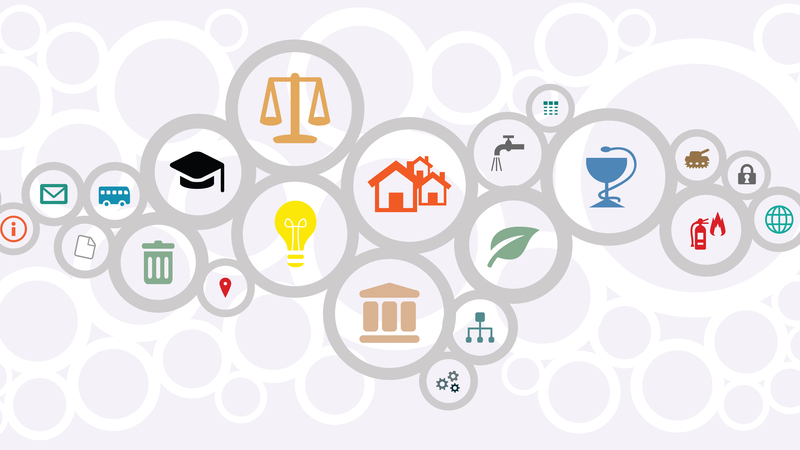
In response to the Biden administration calling on agencies to transform customer experience in government, the Office of Management and Budget (OMB) issued a memo Wednesday directing agencies to identify and reduce the burden individuals go through when applying for Federal services.
The memo guides Federal agencies and departments to fully and transparently articulate burdens and associated costs experienced by the public when accessing essential public benefits programs.
The guidance, according to OMB, falls under President Joe Biden’s executive order (EO) last year to transform customer experience in government. The EO directs agencies to understand the burden individuals go through to access Federal services.
The memo outlines specific steps agencies should take to review information collection requests to the public, as part of burden analyses they already conduct under the 1995 Paperwork Reduction Act.
Specifically, the memo states that agencies should:
- Ensure agency narrative of the public’s beginning-to-end experience with the information collection activity accurately reflect its complexity and note burdens;
- Proactively consult with individuals whom the program is meant to improve the accuracy of time estimates, gain their perspectives on challenges in the information collection process, solicit solutions for reducing burden, and inform more robust burden estimates;
- Describe and discuss sources of psychological costs that certain information collections impose on individuals;
- More fully account for learning costs as well as any research necessary for the respondent to understand how to comply with any program participation requirements beyond reading a form’s instructions; and
- Burdens associated with applying for and maintaining eligibility for public benefits programs, with a focus on reducing those barriers for underserved communities.
Additionally, the memo also directs Federal agencies to use that analysis to “minimize the Federal information collection burden, with particular emphasis on those individuals and entities most adversely affected.”
“OMB expects agencies to use the [information collection requests (ICR)] process as a routine opportunity to identify both short-term and long-term initiatives to minimize the burden on the public while ensuring the integrity and usefulness of the information collection,” the memo reads.
To assess burden-reducing steps for identified priority ICRs, OMB will consider how well agencies:
- Simplify the request for information, while ensuring the continued utility of the information they do collect;
- Enhance communication, navigation, and outreach tools and processes to reduce learning costs to the public;
- Improve information collection and submission processes to mitigate challenges that underserved and marginalized communities may disproportionately experience; and
- Use leading design practices to assess, evaluate, and then improve forms and information collection experiences.
